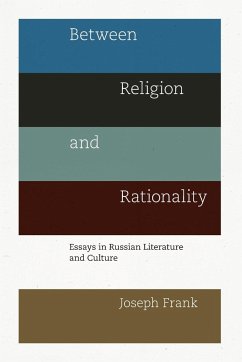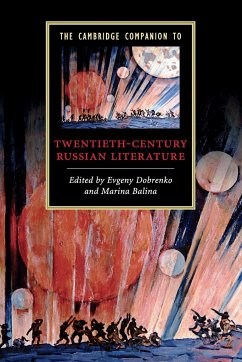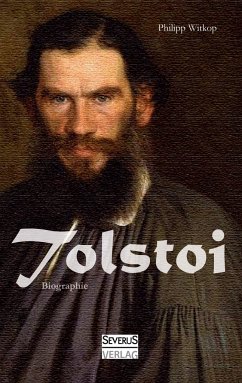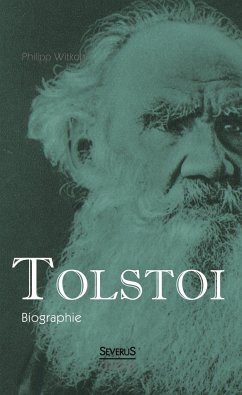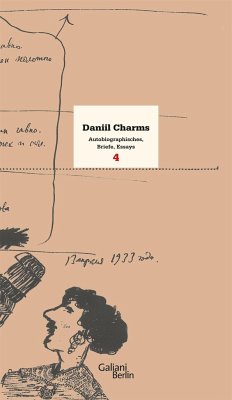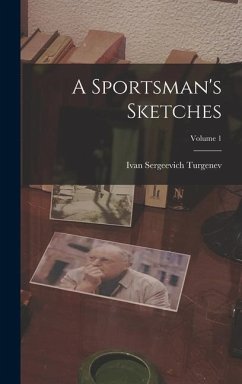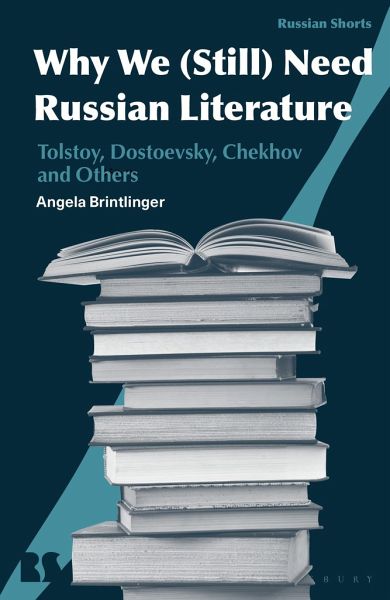
Why We (Still) Need Russian Literature
Tolstoy, Dostoevsky, Chekhov and Others
Herausgeber: Norris, Stephen M.; Avrutin, Eugene M.

PAYBACK Punkte
6 °P sammeln!
For nearly two centuries readers all over the world have turned to the great canon of Russian literature. Love and death, war and peace, yes, even crime and punishment; readers across the globe have found in Russian writing a substantial measure of intellectual provocation, aesthetic pleasure, emotional resonance, and personal solace. Why We (Still) Need Russian Literature explores the familiar names of Pushkin, Tolstoy, Dostoevsky and Chekhov to connect readers with these experiences.With a lively, jargon-free style and insightful analyses of thought-provoking texts, this concise volume helps...
For nearly two centuries readers all over the world have turned to the great canon of Russian literature. Love and death, war and peace, yes, even crime and punishment; readers across the globe have found in Russian writing a substantial measure of intellectual provocation, aesthetic pleasure, emotional resonance, and personal solace. Why We (Still) Need Russian Literature explores the familiar names of Pushkin, Tolstoy, Dostoevsky and Chekhov to connect readers with these experiences.
With a lively, jargon-free style and insightful analyses of thought-provoking texts, this concise volume helps you to understand more fully the pleasure to be found in reading, and re-reading. By identifying what readers seek and find in Russian books-from aesthetically pleasing descriptions to apt psychological renderings-Angela Brintlinger aims to enhance the gratification of reading, giving armchair travelers an excuse to embark on a series of fascinating journeys.
Drawing onBrintlinger's experiences as a scholar, teacher, and reader of literature, the book is informed by a deep cultural understanding of Russia and Russians. It reveals this through engaging literary meditations that connect Russian literature to the losses, ironies, and ambiguities that define the human condition. Exploring authors' imagined readers as well as authors themselves, Brintlinger argues that it is these readers, from all over the world, who get to decide what literary works are worth reading. As a bonus, she offers an appendix with more names and titles, familiar and perhaps utterly new-books that show the ways in which Russian literature remains vital today.
With a lively, jargon-free style and insightful analyses of thought-provoking texts, this concise volume helps you to understand more fully the pleasure to be found in reading, and re-reading. By identifying what readers seek and find in Russian books-from aesthetically pleasing descriptions to apt psychological renderings-Angela Brintlinger aims to enhance the gratification of reading, giving armchair travelers an excuse to embark on a series of fascinating journeys.
Drawing onBrintlinger's experiences as a scholar, teacher, and reader of literature, the book is informed by a deep cultural understanding of Russia and Russians. It reveals this through engaging literary meditations that connect Russian literature to the losses, ironies, and ambiguities that define the human condition. Exploring authors' imagined readers as well as authors themselves, Brintlinger argues that it is these readers, from all over the world, who get to decide what literary works are worth reading. As a bonus, she offers an appendix with more names and titles, familiar and perhaps utterly new-books that show the ways in which Russian literature remains vital today.




